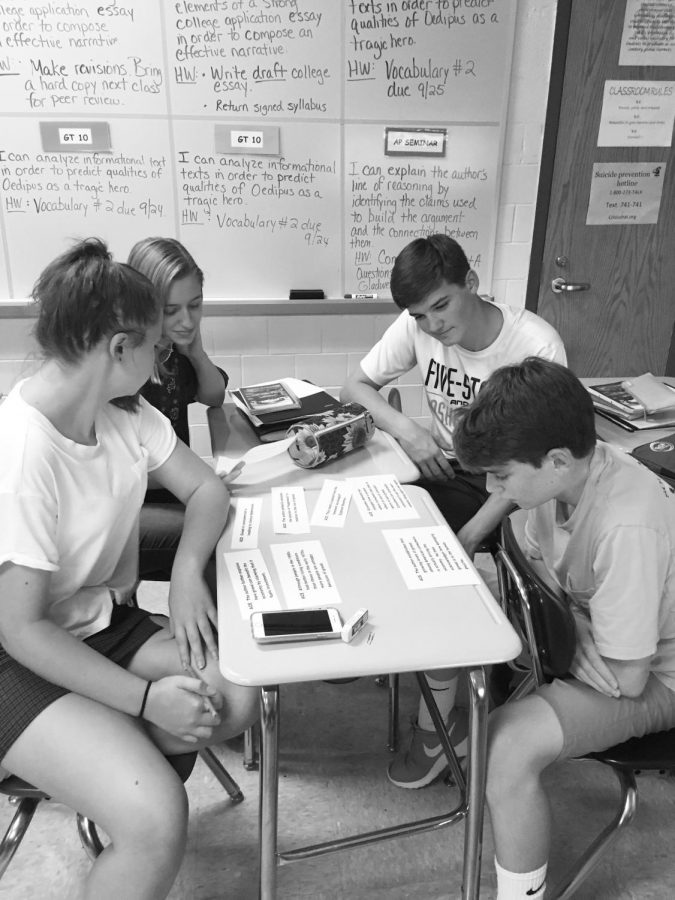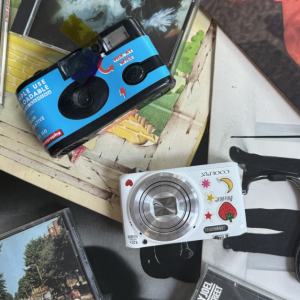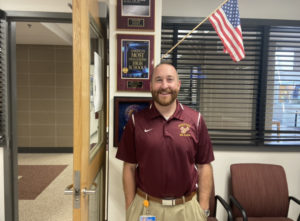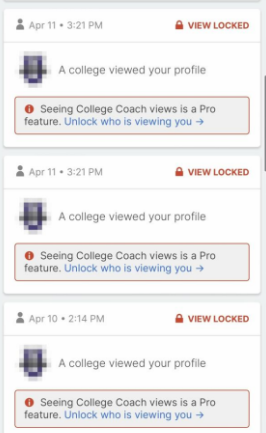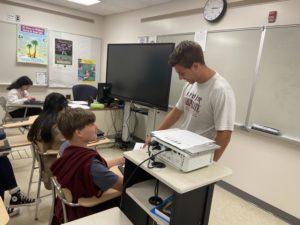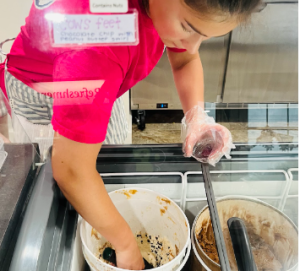New course prepares students for college
Students collaborate among each other, attempting to identify the argument, claims, and evidence in an argumentative article. This is part of the students’ daily routine in Seminar, helping them get used to what they would be doing for the AP test.
November 16, 2018
A new course called Advanced Placement (AP) Capstone was introduced into College Board in the fall of 2014 and implemented in schools starting in 2017. The course was created to allow students to conduct their own research projects with a topic of choice, to collaborate among the other students of the course, to effectively develop their own viewpoints, and generate an argument.
Shannon Ioffe (’21), decided to take the course because her English teacher, Michelle Stachura, had said it combined many courses into one single class.
“I’m looking forward to learning how to think differently and more in the real world instead of school life, because I’m going to be graduating next year,” said Ioffe. “It will teach me how to incorporate lots of different viewpoints to form my own opinions.”
Ioffe decided at the beginning of last year to graduate a year early with the class of 2020, hoping to get a head start on her career as a lawyer. She believes that learning to better prepare her arguments will eventually allow her to perform better in court.
Two teachers currently teach the Capstone course at the school, Charissa Butler and Jennifer Houseknecht. Both had to take extensive training over the summer at Goucher College in order to teach the class, each needing thirty hours plus homework each night to be able to teach the course.
Capstone is unlike any other course in that, if you pass the AP test along with passing four other AP classes, students receive the AP Capstone Diploma.
Butler, who started her second year here this year said, “It is unique because it is student driven. Students work together and individually to research a topic of their choice and defend their work. Students work collaboratively to develop their research and writing skills. These skills will transfer to college.”
Capstone is composed of two parts. The first year is Seminar and the second is Research. The Seminar part teaches students collaboration and how to write successful argumentative essays. The AP test for Seminar has three parts, starting with Performance Task 1 in February, Performance Task 2 in April, and a final course exam in May.
If students choose to move on to AP Research, they will be organized by their chosen topics of research. Instead of an English teacher, students may be guided by a teacher that is knowledgeable about the student’s specific topic of choice.
The course was made to be very open ended, allowing the students’ creativity and interests to drive them through the class.
“Honestly, I didn’t know what to expect for [the class]. I just kind of went in blind,” Annabella Gonzales (‘21) said. “I’ve been really surprised and it’s a lot of fun.”
Gonzales said that her sister, who is now in college, didn’t feel prepared for her essays and projects that she now must do, and Gonzales hopes to avoid that, going into college knowing exactly how to write a strong essay, so that she can do well at whichever college she chooses.
“[So far] we’ve done a debate, solved murder mysteries, annotated articles, even meditated,” Gonzalez said.
The experiences in this class are ones most students wouldn’t be able to have in a normal setting classroom and they provide students a taste of what life is like in the real world.


